Earth Day, the band-aid when we really need open-heart surgery for the environment.
Category: Cellular Health
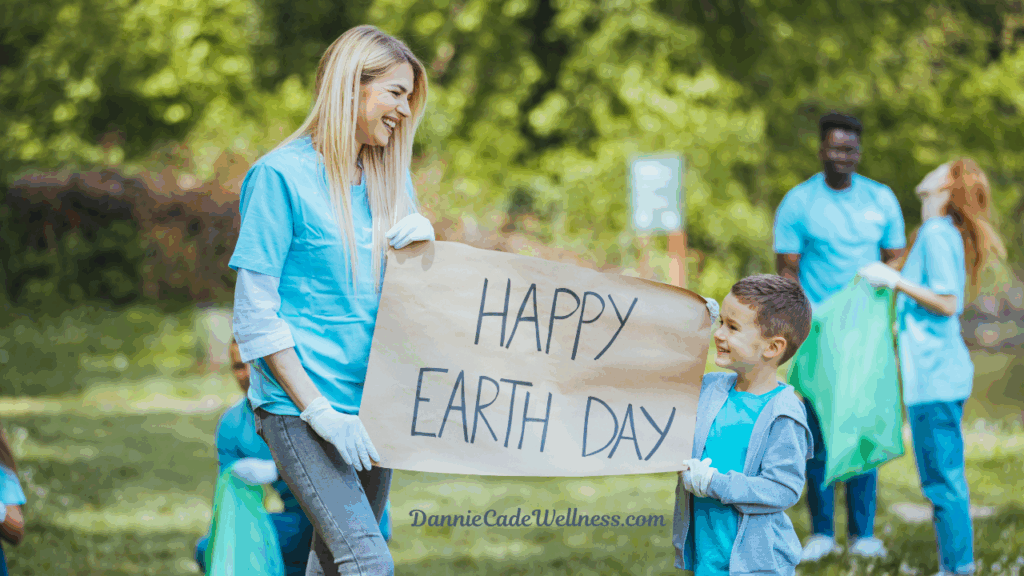
Earth Day is here, and like clockwork, people will gather to plant trees, clean up parks, and post on social media about saving the planet. Yes it’s a time for reflection, action and often, hollow declarations about how important it is to protect the Earth, but here’s the thing: while we’re patting ourselves on the back for the tiny, surface-level efforts, there’s something deeper we’re ignoring – something we should be talking about but rarely do.

Earth Day has become a performative holiday, more about checking off the box than about truly understanding the damage we’ve done—and continue to do—to our planet.
The reality is that we’re not just dealing with pollution, waste, and climate change anymore, we’re facing something more insidious—something that doesn’t always get a seat at the table when we talk about sustainability: the effects of industrialization, modernization, and how our disconnect from the earth effects our health.
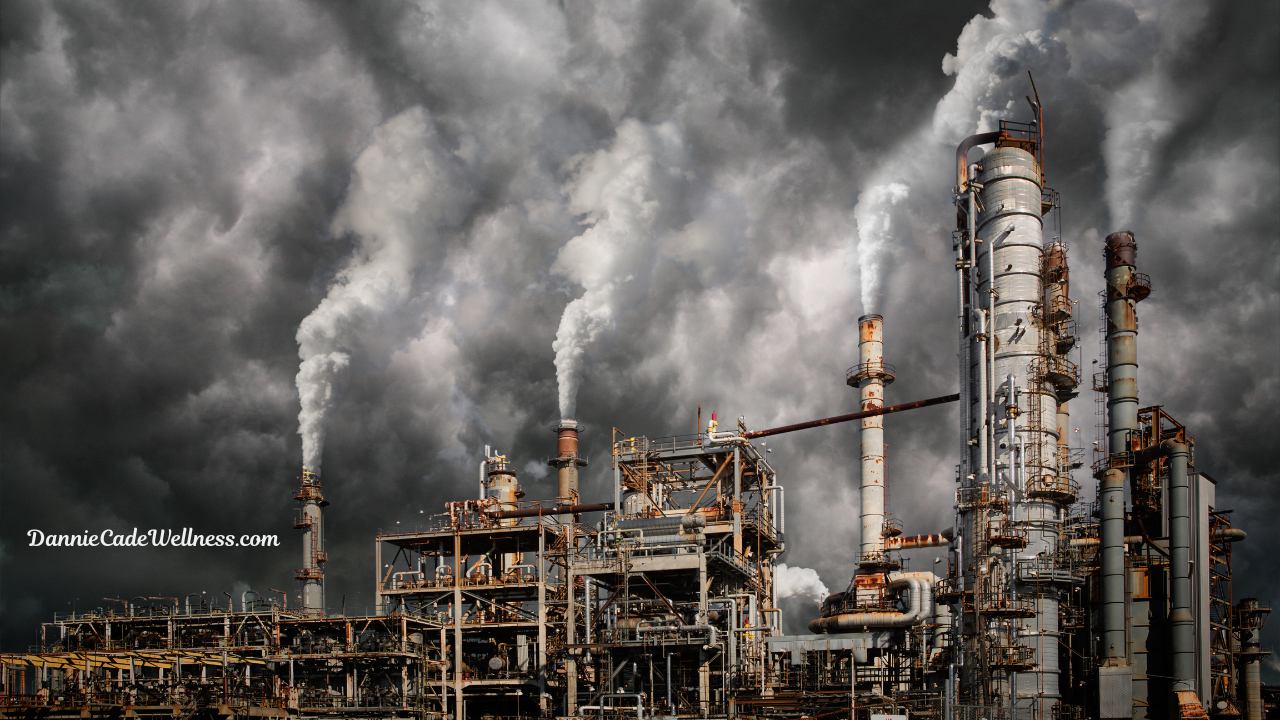
We often think of Earth Day as an environmental issue, and don’t get me wrong, it absolutely is, but it’s also a deeply personal health issue that touches every single one of us. It’s about how the chemicals, toxins, and industrial practices we’ve normalized have seeped into our lives, affecting us in ways we’ve yet to fully understand.
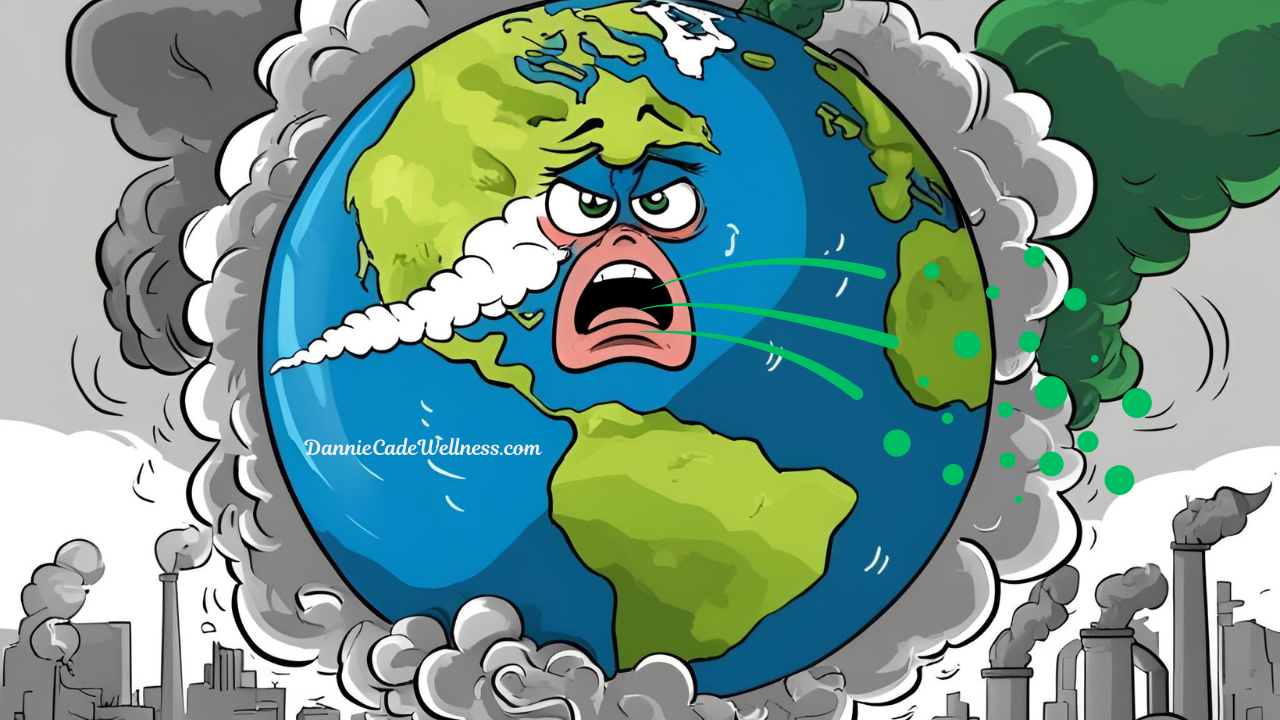
The truth? We’re paying the price for our progress, and that price is showing up in the form of increasing illness and disease. Take a moment to think about all the chemicals in our environment. They’re in the food we eat, the water we drink, the air we breathe, and the products we use.
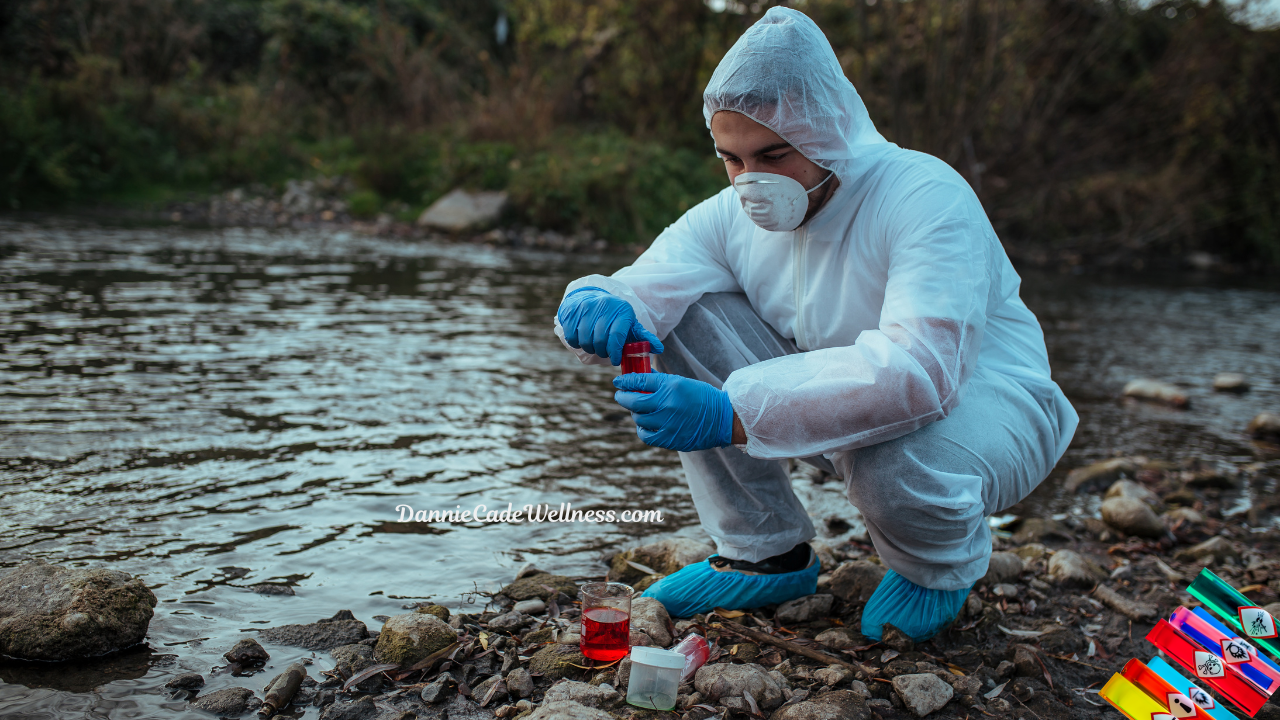
Pesticides, plastics, artificial fragrances, dyes, and preservatives are in nearly everything. These substances don’t just disappear when we toss them away or wash them off, they stay in our systems, accumulate, and disrupt our hormones, immune systems, and overall health.
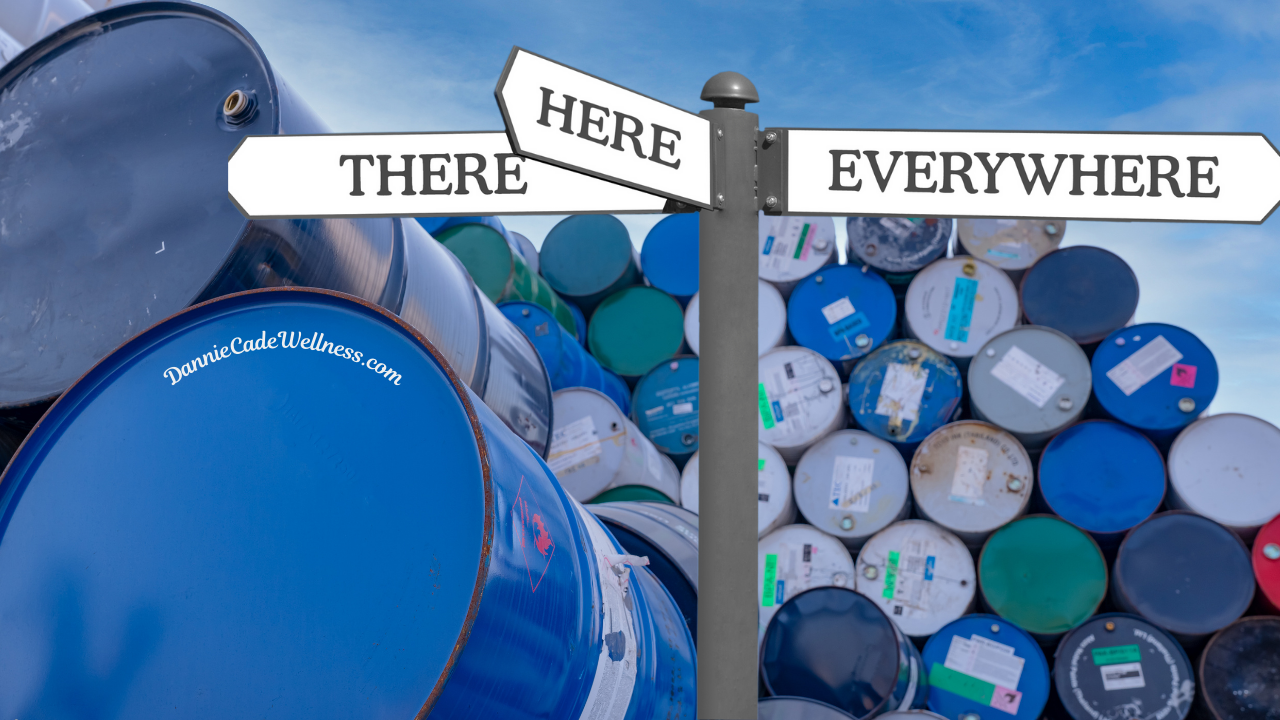
And let’s not forget the impact of the relentless drive for convenience, driven by industries that put profit over people. Our reliance on fast food, disposable packaging, and single-use plastics is directly tied to our disregard for long-term health. These are the things we never seem to talk about when we talk about Earth Day.
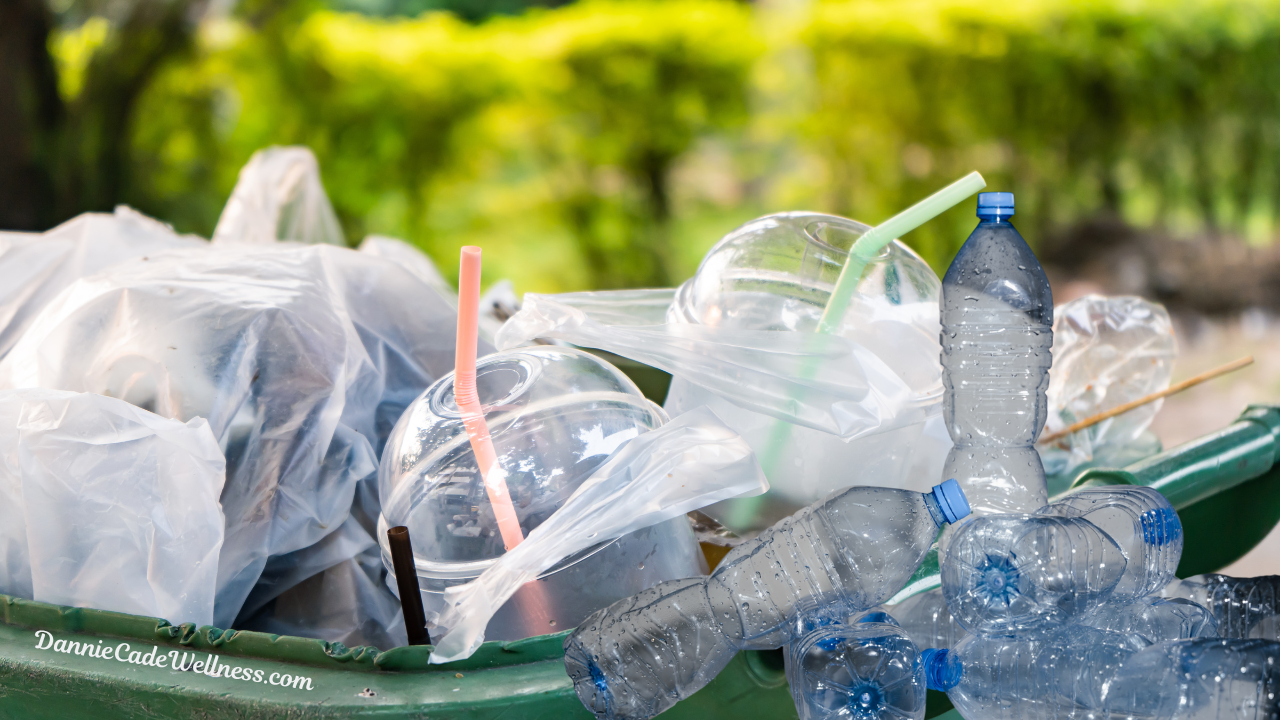
No one tells you that the things we’ve allowed to become so ingrained in our daily lives are harming our very bodies, and in turn, harming the earth. What about the chemicals in the products we use every day, or the plastics in the ocean?
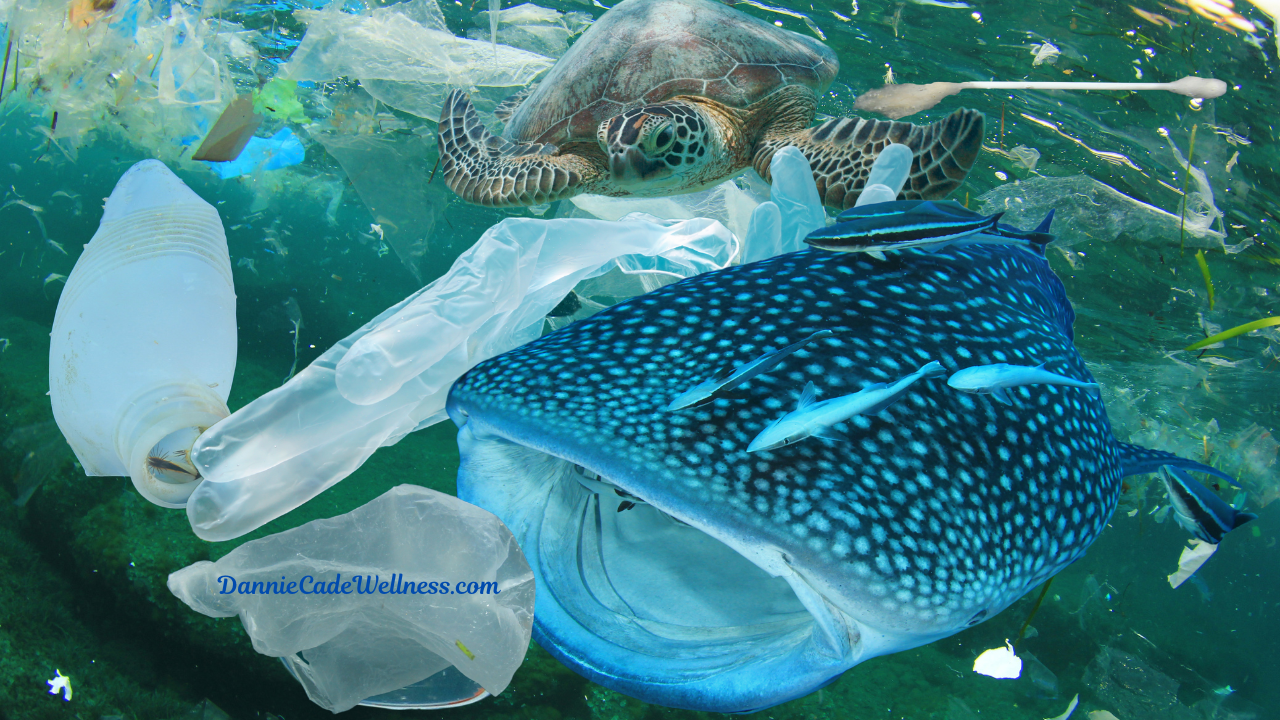
Yes we think about the sea creatures, but no one talks about how those chemicals end up back in our food supply—where they show up in our bodies, contributing to the rise in cancer, infertility, autoimmune diseases, and chronic illnesses.
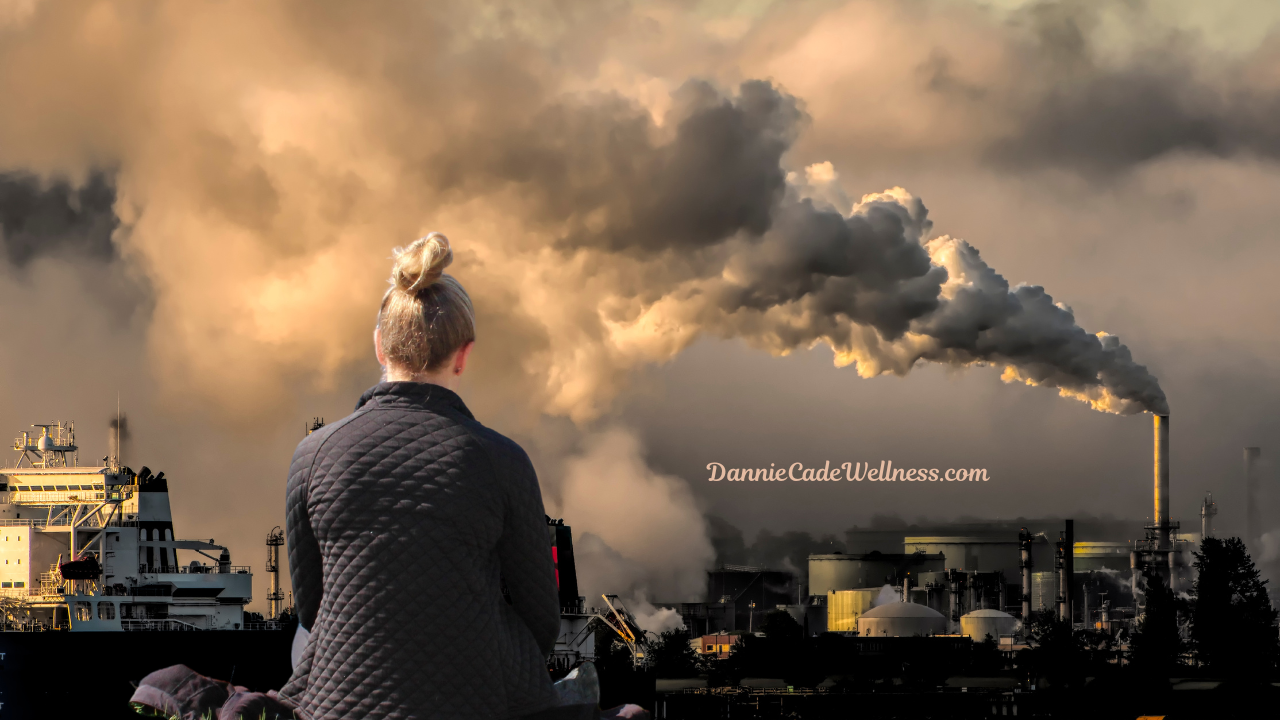
We are absorbing the pollution, consuming it, and passing it on to the next generation and yet we think a few small recycling efforts or planting a tree will undo the decades of destruction we’ve allowed to happen? Earth Day should be about acknowledging that our health is tied to the planet’s health in ways we haven’t fully explored.
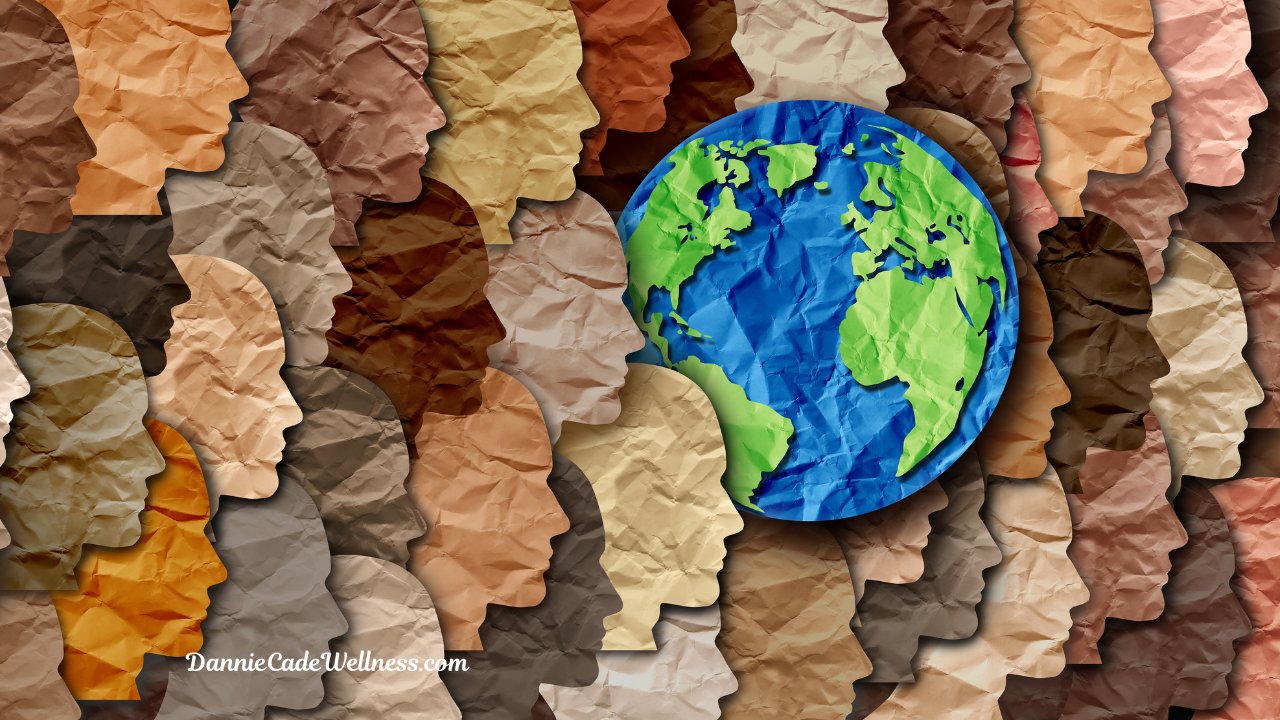
It’s not just about the air quality or the forests we protect, but about how we’re consuming and living in ways that damage the very things that support us—our environment, our bodies, our health. If we really want to create change, we need to stop looking at Earth Day as a one-off event and begin seeing every day as Earth Day.
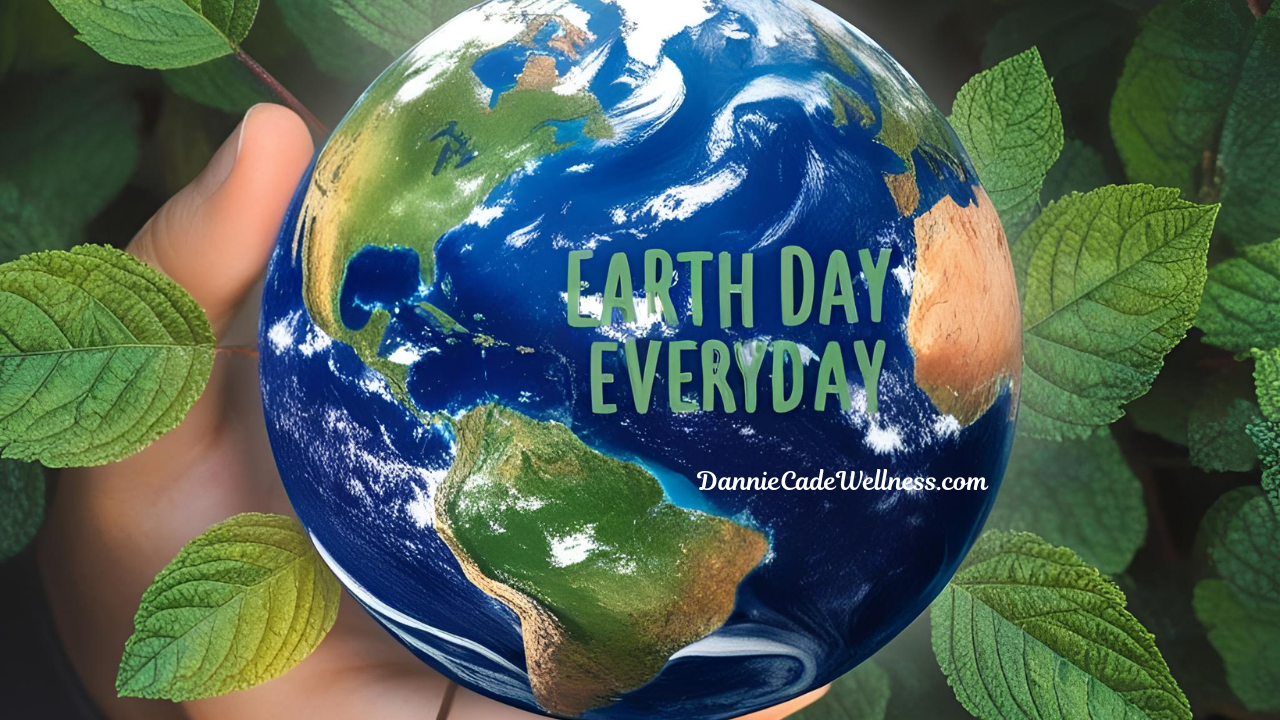
So, what does this look like? It’s about a shift in mindset. We need to move from a “take and throw away” mentality to one of care, awareness, and sustainability. We need to question every product we buy, every meal we consume, every item we discard. It’s about making choices that nourish our bodies, rather than contributing to their breakdown. This means asking ourselves: Is this good for the earth and good for my health?
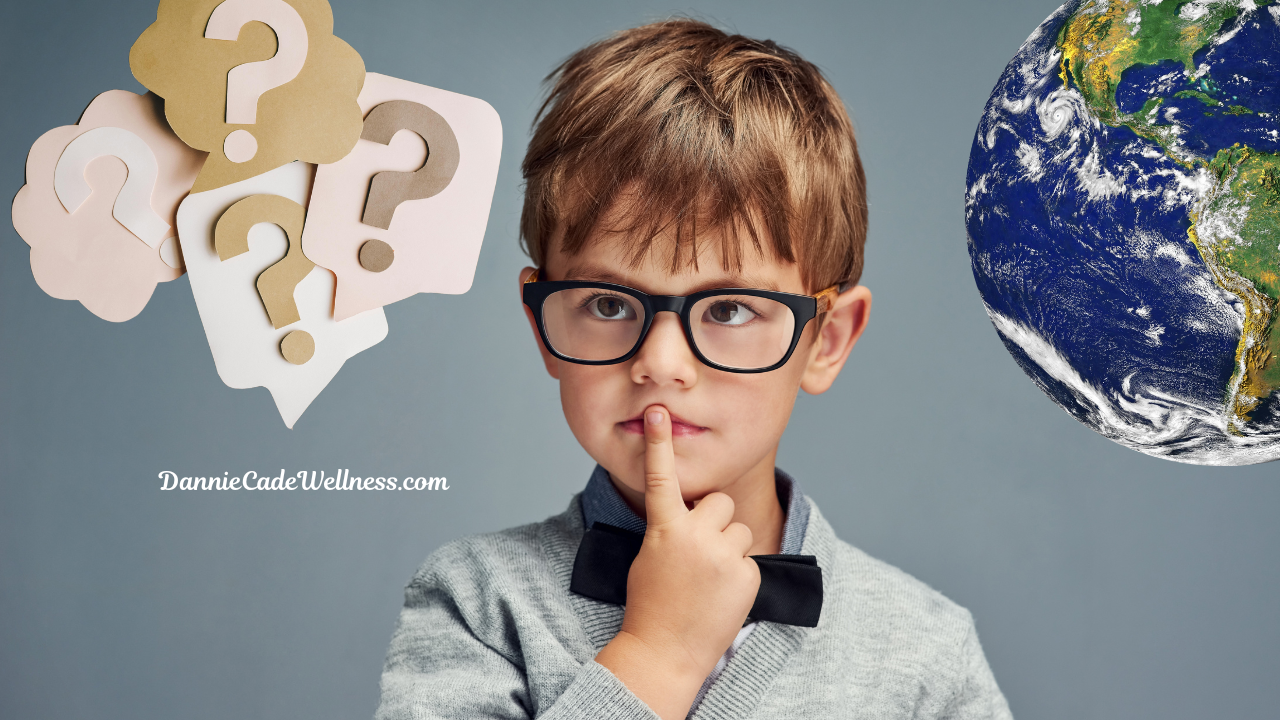
We need to start understanding the interconnectedness of our bodies and the earth because it’s not just about reducing waste or planting a tree; it’s about reducing toxins, removing the chemicals from our daily lives, and embracing a lifestyle that honors the planet and our own well-being.
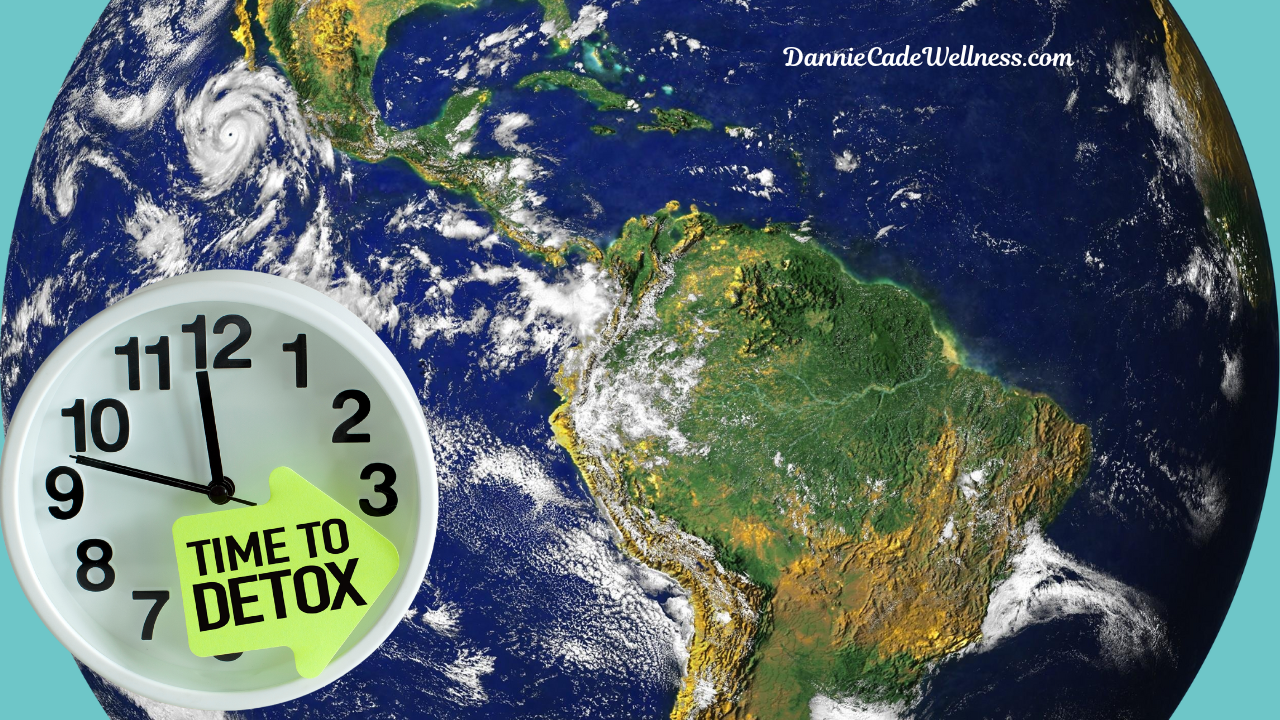
That’s the true spirit of Earth Day – understanding that we’re in this together, that our health and the planet’s health are intertwined and if we really want to protect our future, we need to protect our health by focusing on natural, unprocessed food, reducing our exposure to environmental toxins and advocating for more sustainable practices across industries. We need to use cleaner energy, not just for the earth, but because it’s our future at stake too.
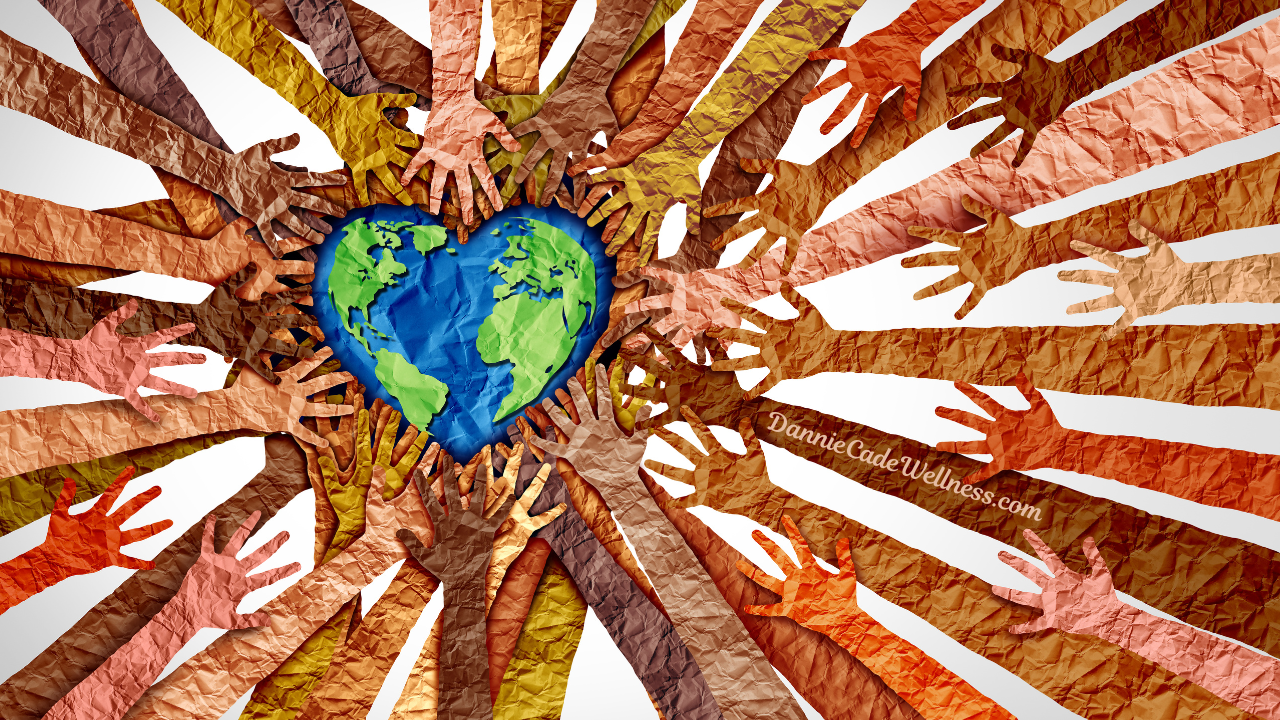
Earth Day is a reminder that we need to take a hard look at how we live, how we consume, and how we allow industries to shape our world—and not in a way that benefits us. It’s time to stop with the superficial gestures and start taking real responsibility for our health and the health of the planet. The truth no one is saying is this: Earth Day isn’t enough.

One day a year won’t save us. We need an ongoing commitment to both the earth and our bodies—a commitment to changing how we interact with the planet, how we fuel our bodies, and how we protect future generations from the toxic legacy we’ve left them. It’s about making the connection between the earth’s health and our own, and finally acting in ways that reflect that understanding.
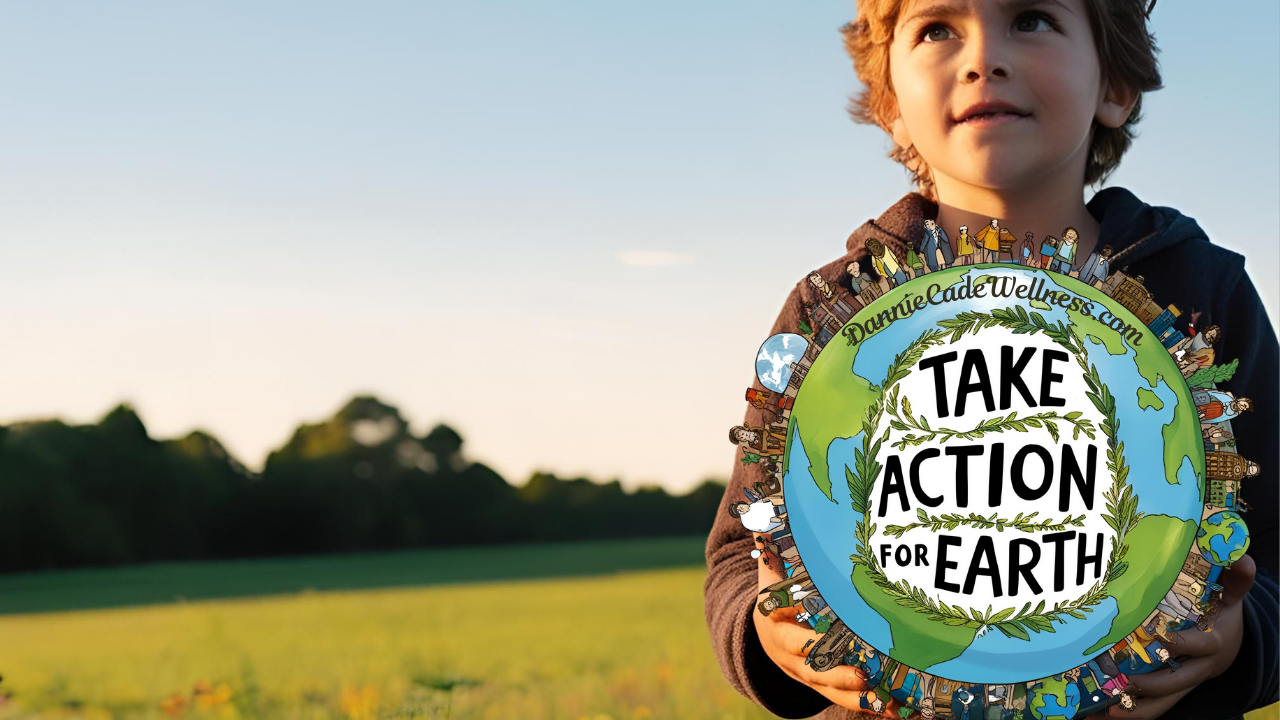
The impact we have on the planet is undeniable, but what’s even more important is the impact it’s having on us. It’s time to dig deeper, to see the bigger picture, and to take action in ways that actually matter. Not just for the trees, but for the bodies that depend on the earth to thrive.
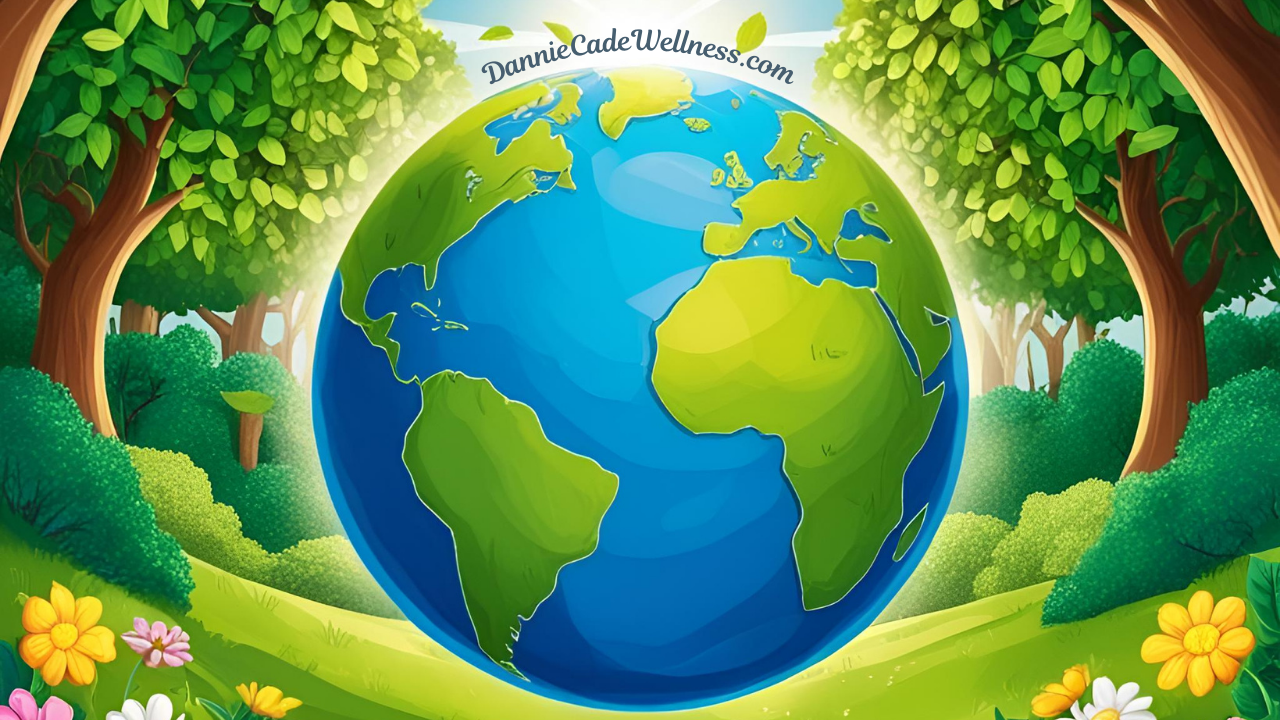
So, let’s make Earth Day count, not just as a celebration of the planet, but as a wake-up call to take responsibility for our own health, our communities, and the world we leave behind. I’ve got plenty of great ideas to share with you in my wellness center, you’re welcome to help yourself to whatever you find in there that works best for you, enjoy!
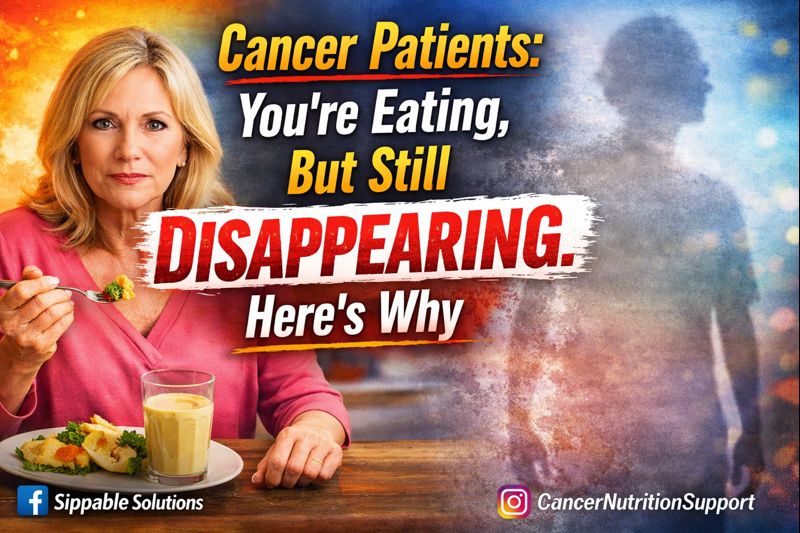
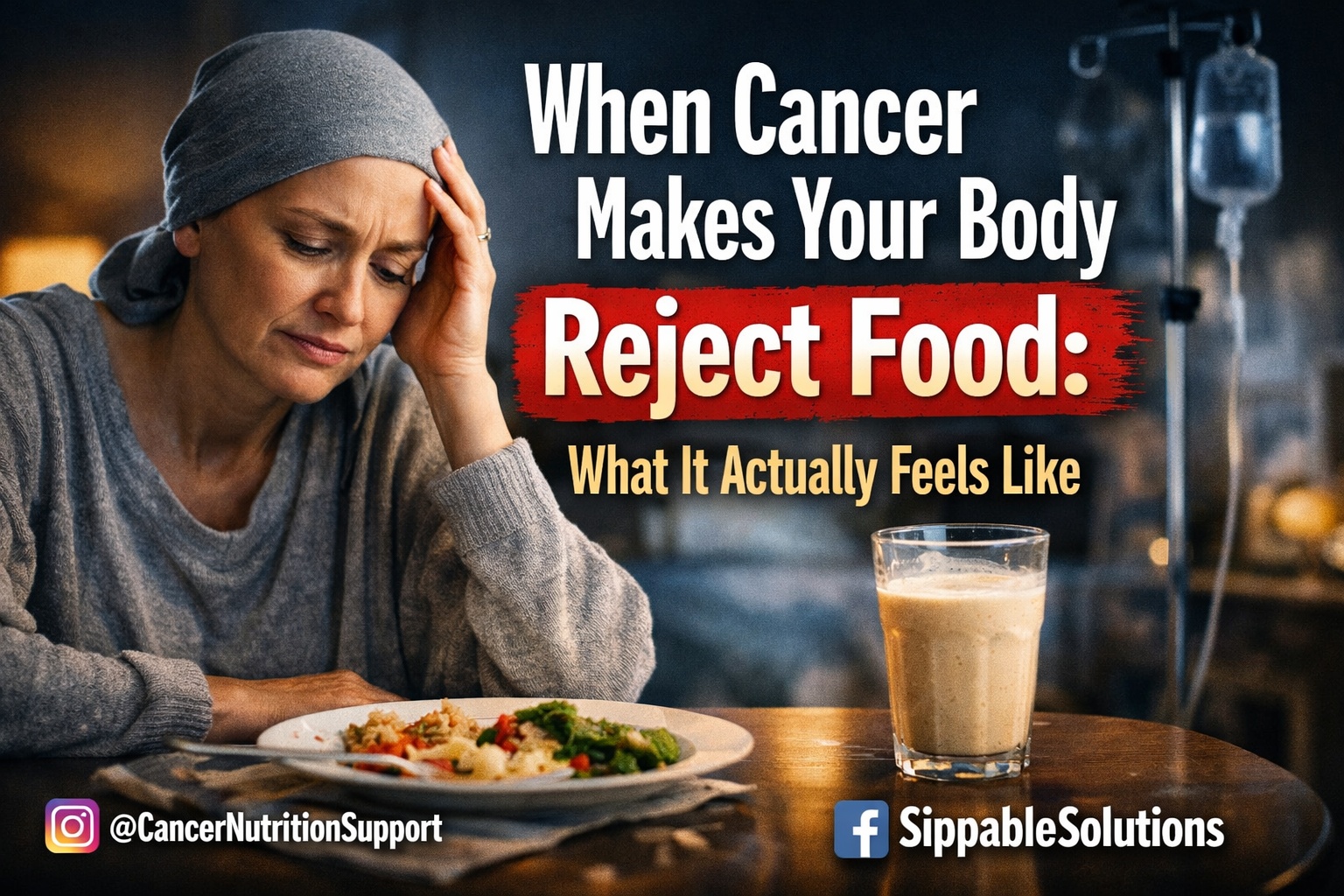
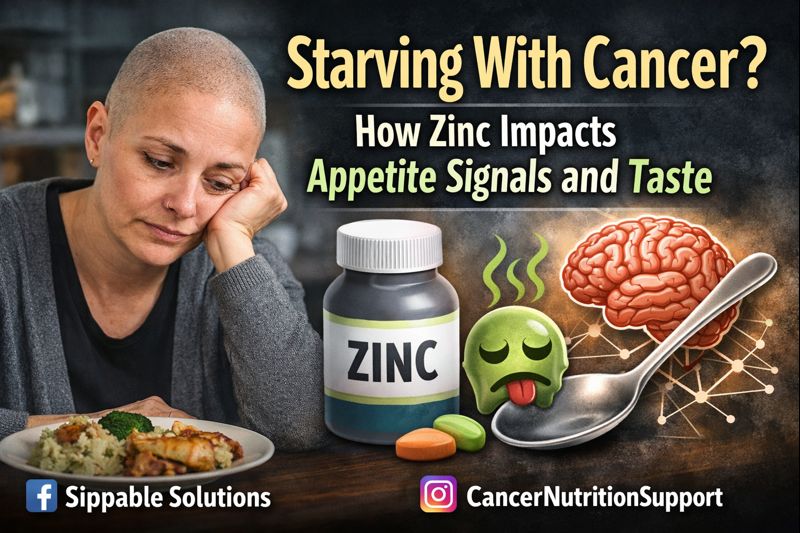
Facebook Comments